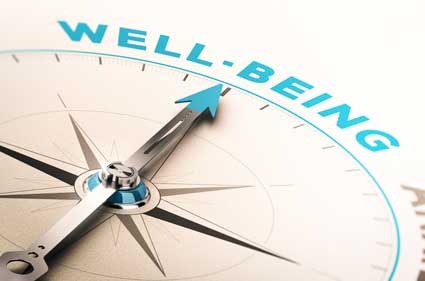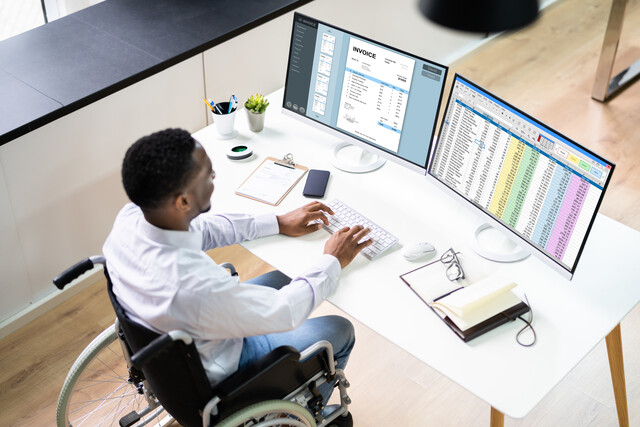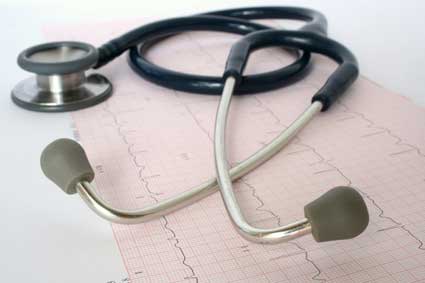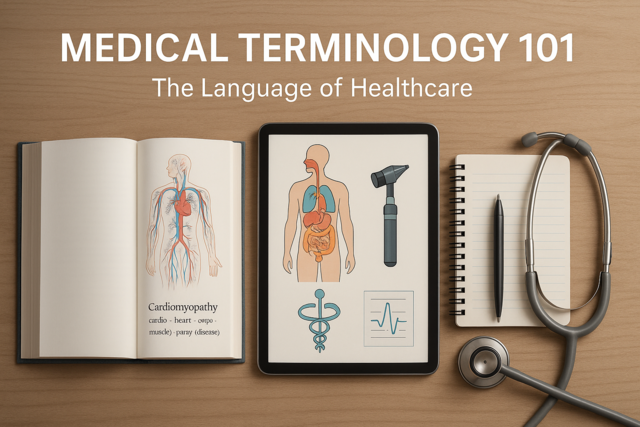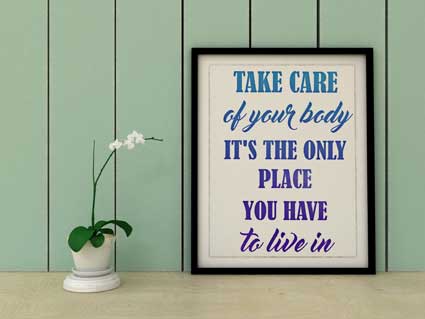Once the occurrence of a concussion has been determined, what are the next steps? The exact answer to that depends on the severity of the specific injury, but the treatment is generally the same for most concussions. Extensive treatment such as surgery is not the case for most concussions, since one will only encounter that if there is bleeding on the brain or some other form of severe injury along with the concussion. For single-time mild traumatic brain injuries (TBI), the primary treatment is the exact same and that is rest.
Rest
Without a doubt, rest is the best possible way to allow the brain the time to recover from an injury. If the injured individual continues to work their brain at regular demand and carry on with a normal schedule, the brain might struggle to keep up while repairing itself. The recommendation from a doctor will usually be to rest both physically and mentally in order to fully recover from the concussion.
It would be in the best interest of the injured individual to take a break from the parts of their daily life that call for physical exertion or any strenuous activity. This includes sports and any rigorous recreational activities, until the symptoms are no longer an issue. Continuing to remain in sports or strenuous activity can put the individual at risk for prolonged recovery or further injury. Over time, as symptoms decrease, the injured individual can slowly reincorporate aerobic activity into their daily lifestyle. If symptoms flare up again upon reintegrating physical activity, they can take it back a few steps and rest until symptoms no longer return.
Apart from physical rest, however, mental rest is also necessary to full recovery. While one can't simply turn off their thinking, they can limit themselves to the amount of strenuous thinking they do each day. They should take a break from complex movies and TV shows, from difficult games, reading, texting, or work. If school and work are unavoidable, they should find some way if possible to reduce the workload and slowly reintegrate themselves back into their regular schedule. Inquiries should be made of their boss or teacher if there is an exception that can be made while they recover, especially if their doctor suggests it for their best overall recovery. As they improve gradually, they can slowly increase their load of mental work, just as long as their health remains at the top of their priority list. For the first day or two following a concussion, it is often suggested that the injured person stay away from TVs, computers, texting, music, games, and anything else that may cause the brain to overwork.
Although certain activities like driving might not seem incredibly strenuous, the doctor might suggest taking a break until the injuries heal. Since concussions can slow down the processing speed of the brain and create a different mental state, one may find driving to be more taxing than they realize. If judgment or reaction speed is impaired even the slightest bit, driving could be a danger to the injured person and anyone else on the road. This is typically the standard for the 24 hours following the injury, but this time period may even be extended depending on the severity of the injury. This also could apply to other means of transportation, such as riding bikes or operating any machinery. All of these require focus and decision-making, both of which are impaired with a concussion. It is best that the individual with the concussion be upfront with their family members, teachers, and boss about the state of their health so that no demands are placed on them that might put their health at risk.
The injured individual should consult with his or her doctor before returning to regular activities, especially physical exertion. If symptoms return as they increase their activity, then they should stop and rest until they can be active without symptoms. Plenty of sleep is a necessary addition to recover fully, on top of resting throughout the day.
Keep in mind that if there were any medical conditions pre-existing this concussion, then it may take a longer amount of time to recover fully. It may be more difficult to adjust if there were issues of depression and anxiety prior to the injury. This should be brought up with the doctor when treatment is being discussed, as it may play a role in the length of time or method used.
If it is a child who sustained the injury, then it is important for their parents or caregivers to ensure they take the right steps for recovery. A child might not be aware of why certain measures are necessary for them to heal, so the adults in the situation should be sure that the child gets ample sleep and does not exert him or herself. If the child is in sports, all symptoms should be cleared before putting them back into the sport.
Drugs
It may not be in the injured person's best interest to take pain medication during the first phase of the concussion, since all that would do is simply mask the symptoms.This is especially true for athletes who have just been injured in their sport. Without noticeable symptoms, the injured individual might believe they are well enough to return to the game, although in reality they should not be exerting themselves so much physically.
Following the initial stage of a concussion, the doctor may suggest acetaminophen or something over-the-counter to help with pain. It is necessary to be cautious when taking high-strength drugs, as some may increase the risk of bleeding if there is already an issue from the head injury.
It is important to note that if the injured person is already taking any type of medication, they should alert their doctor when they go in for a check-up. Any type of blood-thinner, prescription or over-the-counter, could present a greater risk for bleeding on the brain. If this is the case, then the doctor will need to know if they should check for injuries based on that.
Apart from helping with pain, there is no evidence that suggests that any type of medication can aid in the recovery from a concussion. The best treatment is simply rest.
Alcohol should be avoided until the injured individual is given a go-ahead by their doctor, since it may not mix well with pain medication or already-impaired cognition. Alcohol could slow recovery and cause potential for further brain injury.
Why Seek Medical Attention?
If the treatment is going to be the same for most concussions, then why seek out medical attention if all they're going to tell you is to rest? With a majority of concussions, it is true that the headache and dizziness will go away in a day or two, and rest will help accomplish that. A small percentage of these concussions, however, can lead to bleeding in the brain or a blood clot that is life threatening. Since head injuries can be difficult to diagnose even for medical professionals, injured people shouldn't be leaving their well-being to their own self-diagnosis.
In order to diagnose a concussion, a medical professional will have to consider a number of variables surrounding the initial accident and the symptoms. By using their experience with head injuries in past patients, they can provide a thorough analysis of what might be going on and what is truly best for your recovery. If somebody with a head injury self-diagnoses it as a concussion and decides to rest as their treatment, they could put themselves in danger if the injury is worse than a concussion. For some head injuries, rest could even lead to a coma if it is that severe.
If symptoms continue even beyond what the medical professional said they would, one should hesitate to contact a doctor again about concerns. It could be that since head injuries are so difficult to diagnose, something was missed along the way and there is an additional injury that needs to be treated. This may involve running a few more tests or scans that were previously dismissed, just to rule out further damage.
How Does the Treatment Change as the Injury Worsens?
Since CTE and repeated concussions have been a discussion in the previous chapters, one might wonder how treatment changes as the injuries worsen. The unfortunate answer to that question is that there is no reversing the damage that has already been done to the brain, and more research is still needed to see if there is any form of treatment that might lessen the symptoms. CTE is a brain disease that is progressive and degenerative, so the best that one can do is try to keep it from progressing further.
Often, the best approach for caring for somebody with CTE is to provide for him or her as you would for someone with dementia. A supportive care system is a great benefit to anybody suffering from this degenerative brain disease. Here are a few things that someone can do for a loved one with CTE:
-
Reduce distractions to increase focus - A calming environment can greatly improve the injured person's focus, which can decrease confusion or aggression. It is easy for the injured individual to become aggressive or upset if they are confused or don't feel understood. A calm environment can help with peace of mind and maintaining a level mood.
-
Encourage regular exercise � Even just half an hour a day has been shown to greatly improve a person's mood, and it can also help to maintain the health of the body and joints, despite the brain's deterioration. There is a multitude of benefits from a regular exercise routine, such as lessening depression, promoting good sleep patterns, and calming the individual.
-
Break down tasks and to-do lists � It can be healthy and beneficial to give the injured individual tasks that they can work with, as long as these tasks won't cause too much confusion or stress. Caretakers can help by breaking down tasks into step-by-step accomplishments, so that each little goal is a bit easier to achieve. This can increase the focus and attention of the patient and make it easier to complete the overall task.
-
Continue to encourage cognitive skills � It's important that the person with CTE continues to use their brain and work on their cognitive skills, in order to keep the brain from even worse decline. This can be accomplished by encouraging games or puzzles that add enough of a challenge to get the brain thinking. Just try to prevent any stressful or overly confusing games that might increase aggravated moods.




